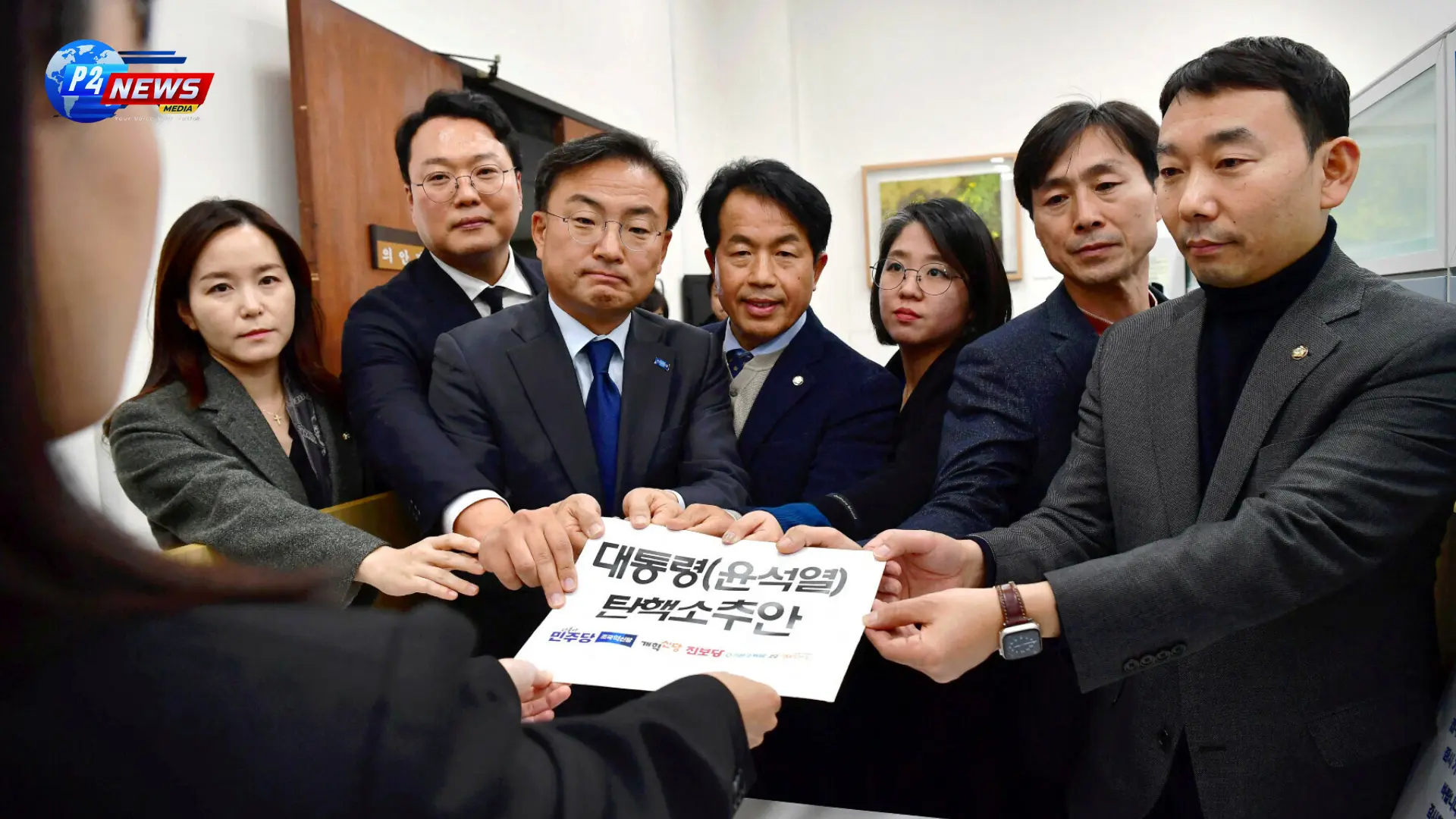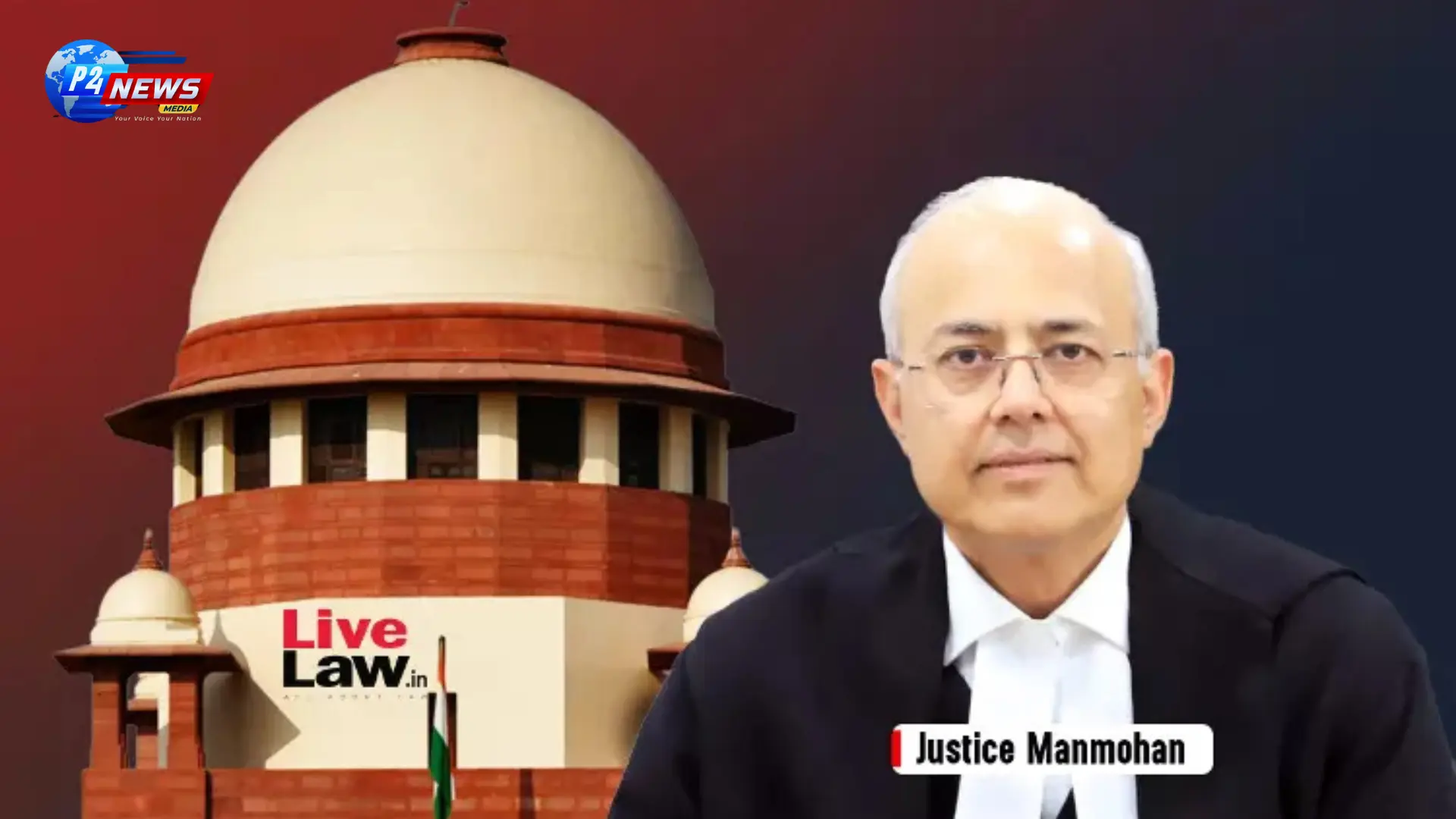South Korea's parliament has taken the significant step of initiating an impeachment motion against President Yoon Suk Yeol following his shock declaration of martial law. This impeachment process comes in response to claims that Mr. Yoon's actions were aimed at evading investigation into alleged misconduct involving himself and his family. With the support of a strong opposition majority, the impeachment motion highlights a critical moment in South Korean politics, arising from a turbulent fallout over government decisions.
The current landscape of South Korean politics has taken a tumultuous turn, with the National Assembly gathering to address an impeachment motion against President Yoon Suk Yeol. This motion comes just after the President's unexpected decision to impose martial law, which was met with uproar in the capital, Seoul. Opposition members of parliament have charged Mr. Yoon with attempting to declare martial law to halt inquiries into alleged wrongful actions connected to him and his family.
The impeachment motion was submitted alongside a complaint citing "insurrection," indicating a serious escalation in political tensions within the country. This motion, introduced right after midnight on Thursday, points to a widespread sentiment among opposition lawmakers that President Yoon has committed grave violations of the law and constitution. In their view, the martial law declaration was not only unconstitutional but designed to protect the president from pending investigations. Kim Seung-won, a member of the opposition, stated that such an act is “an unforgivable crime.”
As the situation unfolds, it has become apparent that the opposition holds a significant majority in the 300-member parliament. For the impeachment motion to pass, it requires at least 200 votes, needing the support of eight members from Yoon's own party. Large crowds gathered outside the National Assembly, expressing their outrage and calling for accountability as the political crisis deepened.
Mr. Yoon had announced the martial law during a late-night television address, framing it as necessary action against what he described as pro-North Korea "anti-state forces." However, this rationale was swiftly rejected by the parliament, leading to a chaotic scene in the Assembly. The leader of Yoon's ruling People Power Party characterized the martial law as a “tragic” decision, urging accountability for those involved. In the wake of the declaration, Defense Minister Kim Yong-hyun offered his resignation, taking responsibility for suggesting the martial law.
Despite low temperatures, hundreds of citizens gathered outside the National Assembly for two consecutive days, demonstrating their discontent and calling for President Yoon's impeachment. University students and citizens alike expressed their astonishment at the president's actions, with many asserting the necessity of holding him accountable to restore trust in democratic processes.
Ahn Jung Eun, a 24-year-old journalism student, articulated the disappointment felt by many, stating that the president’s behavior painted the South Korean citizenry as the enemy. Similarly, other protesters expressed their frustration with the president’s handling of national issues, claiming it reflects poorly on the state of democracy in South Korea.
The imminent impeachment proceedings are not just a question of governance but a reflection of the broader political sentiment within South Korea. Protesters echo a desire for a swift resolution, whether through resignation or impeachment. Should President Yoon step down or be removed from office, Prime Minister Han Duck-soo would temporarily take over until a new election, which must be held within 60 days.
Given the current political climate, the next steps will be critical in determining the future of Yoon's presidency and the political landscape of the nation. The developments in the South Korean parliament not only mark a pivotal moment for President Yoon but also highlight the ongoing struggle for democratic integrity in a country where political leaders frequently face the consequences of their actions.
















Comments 0